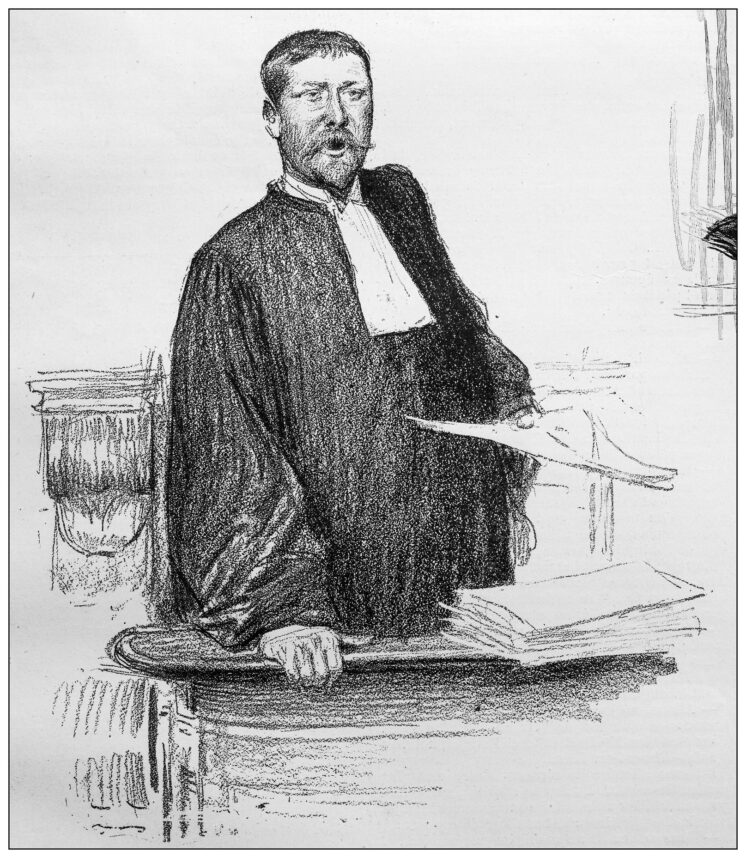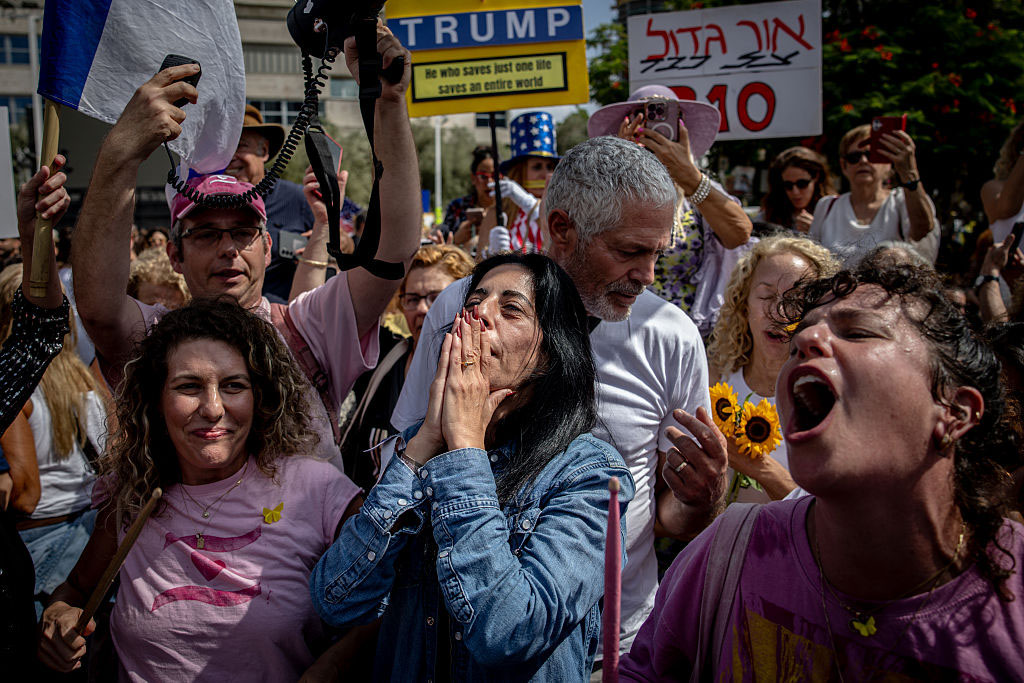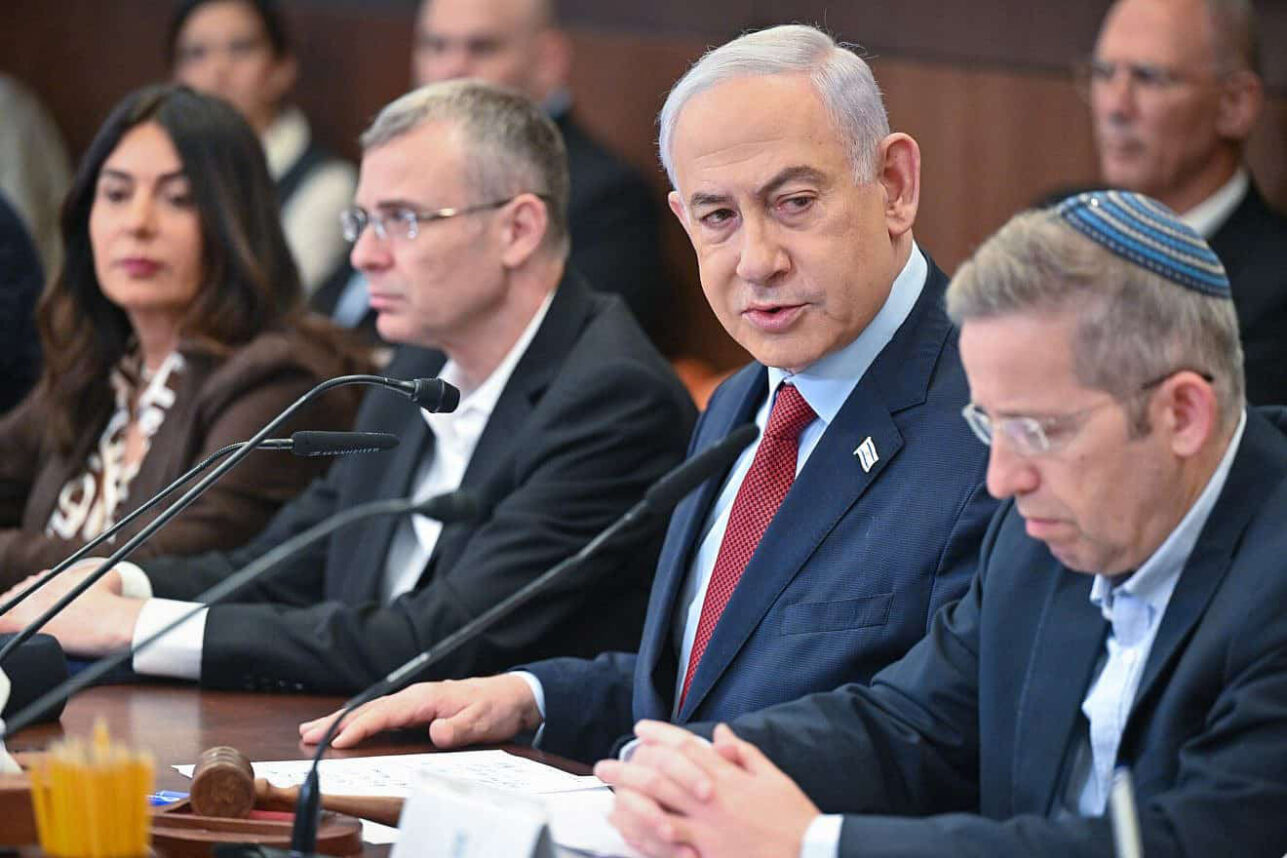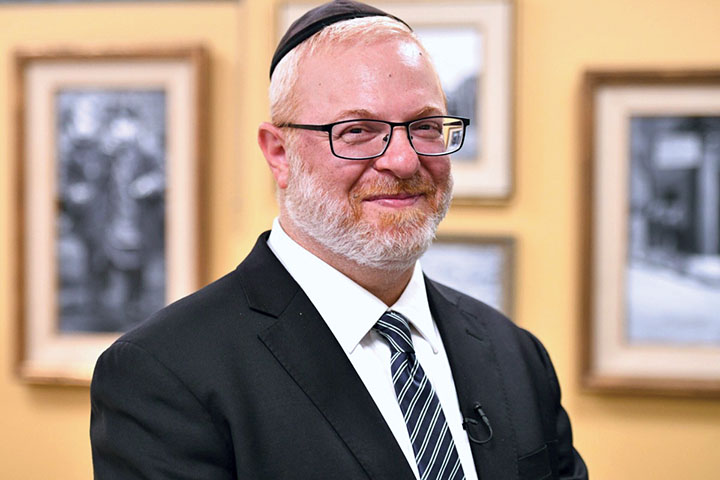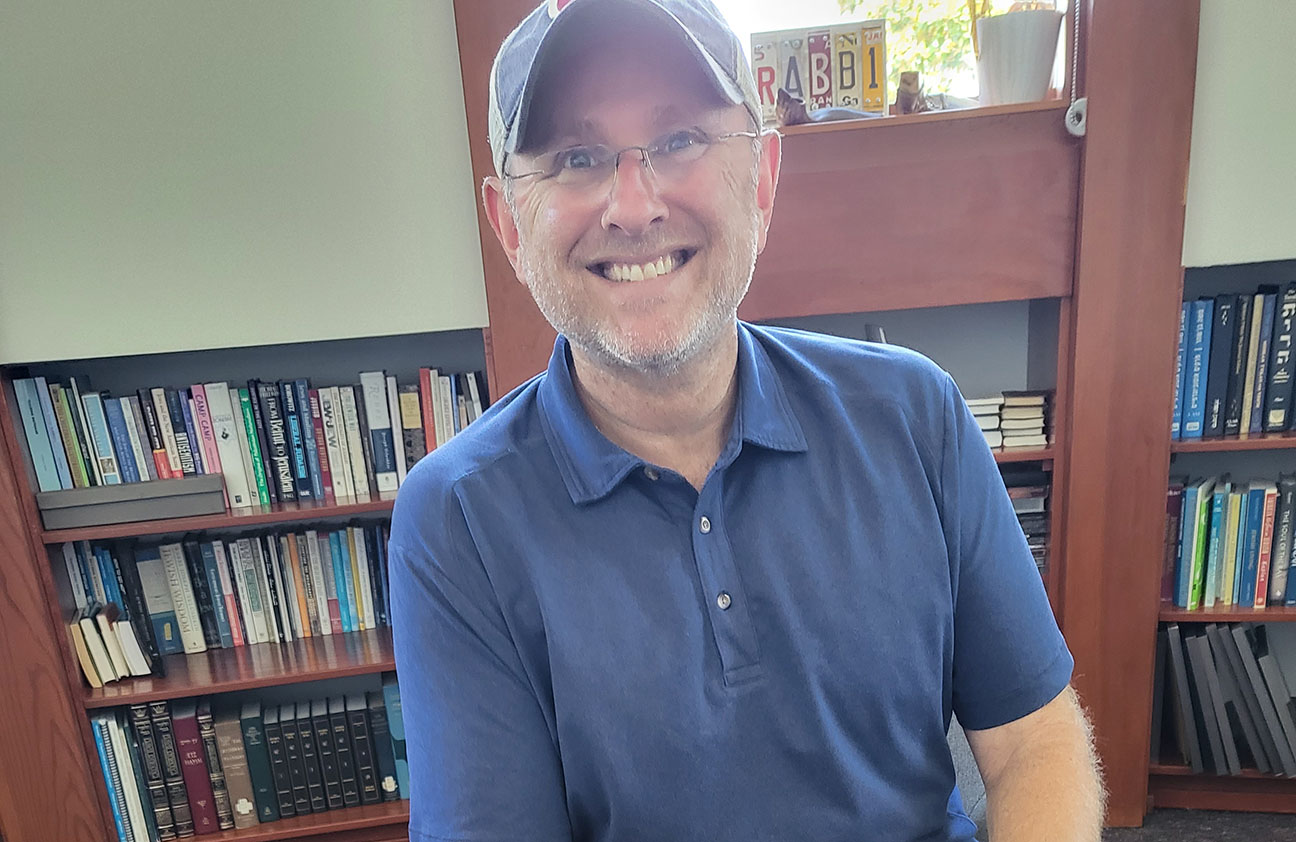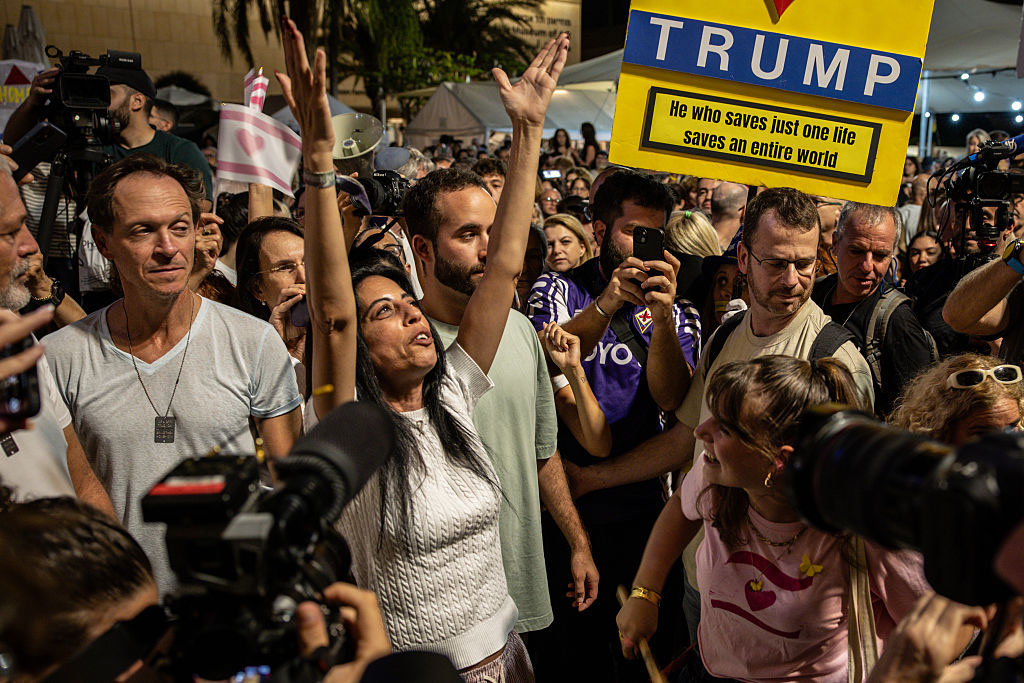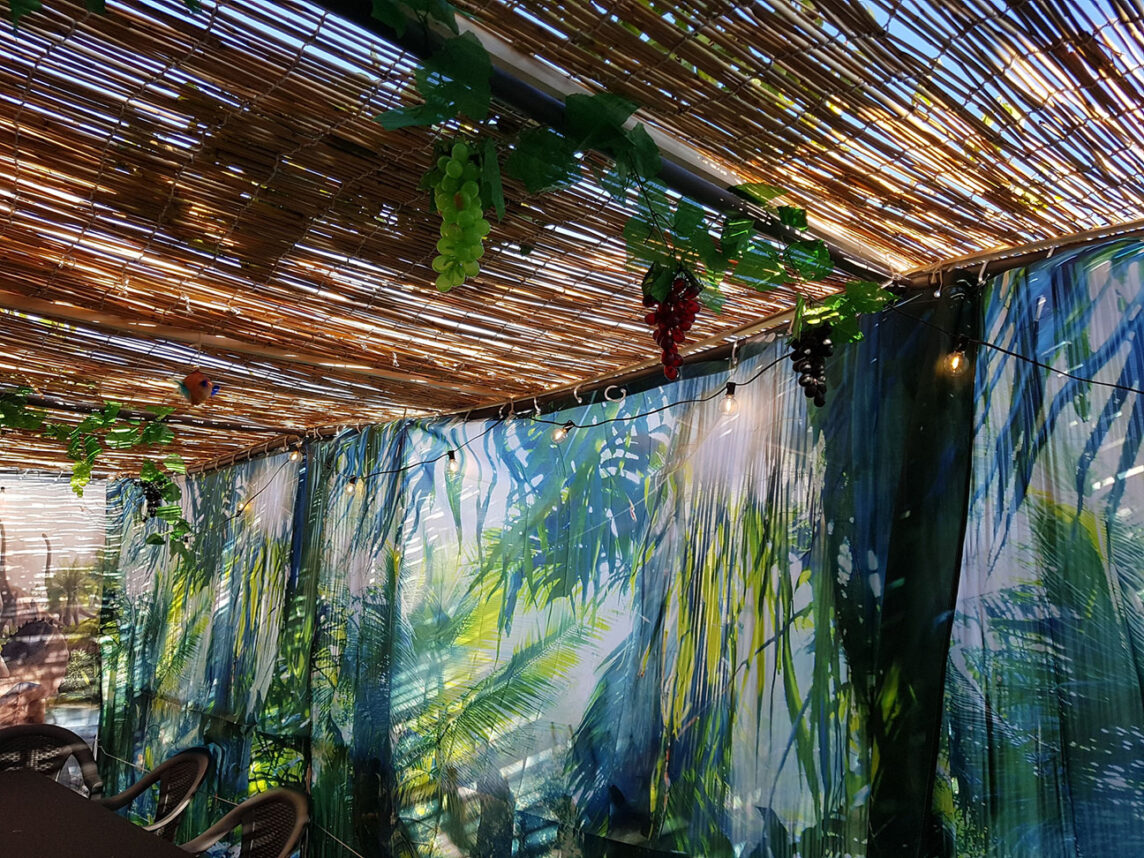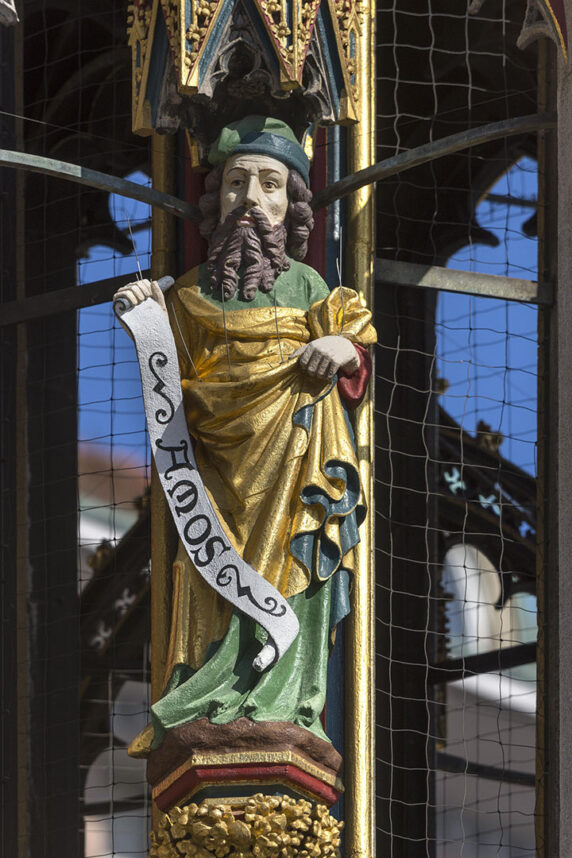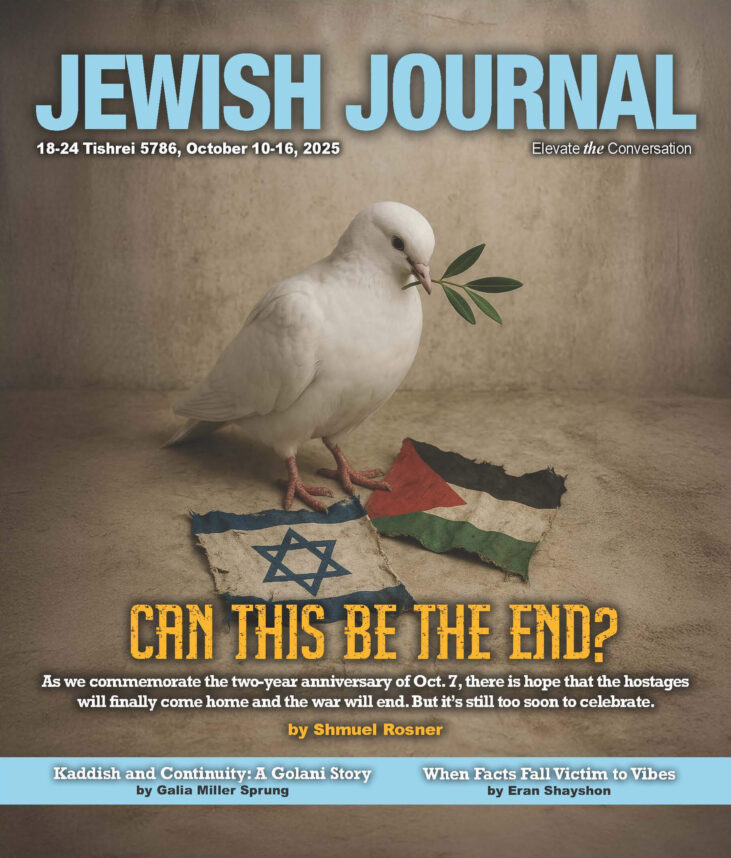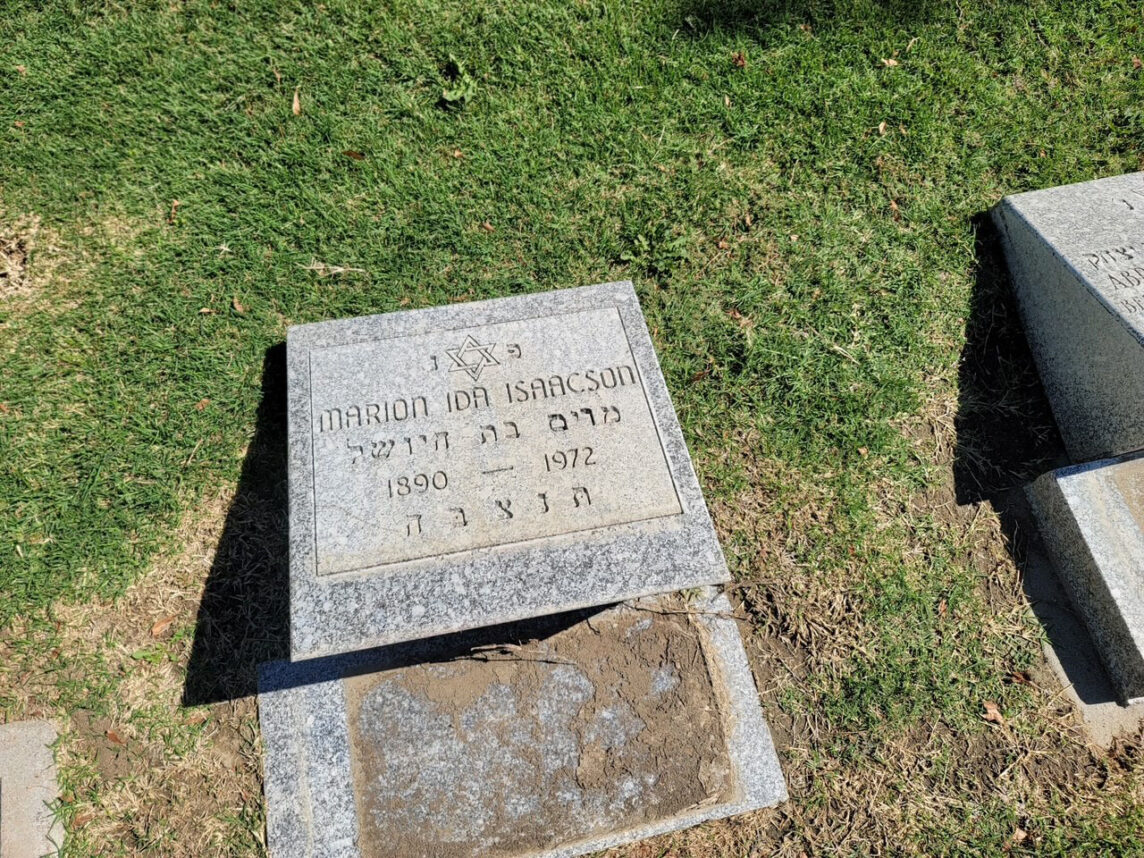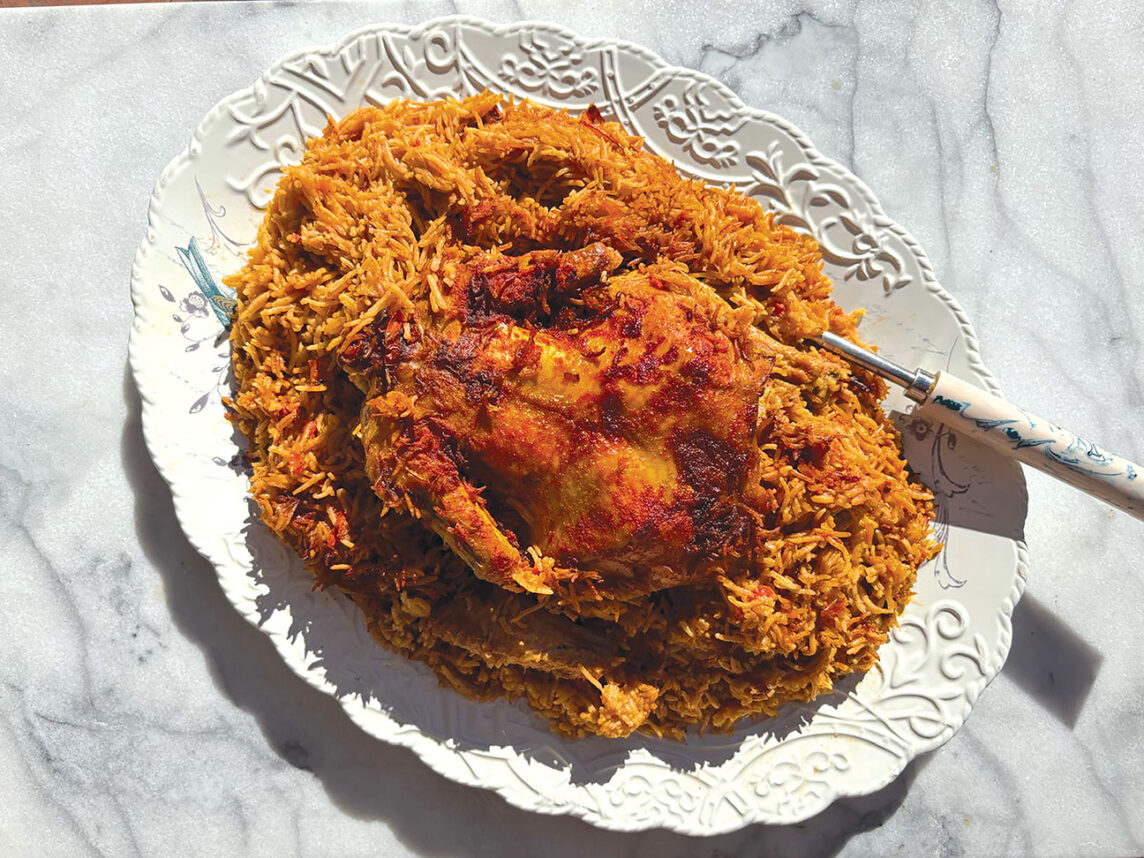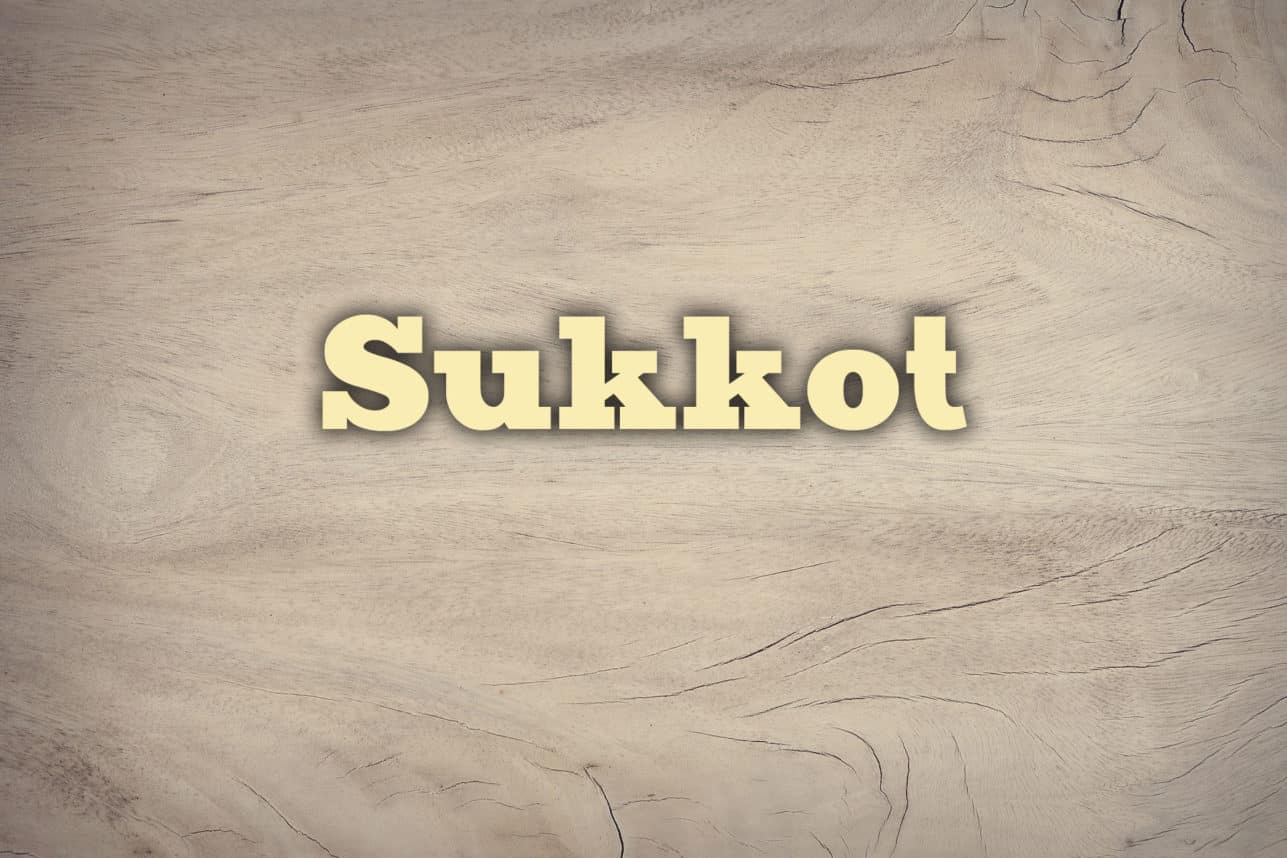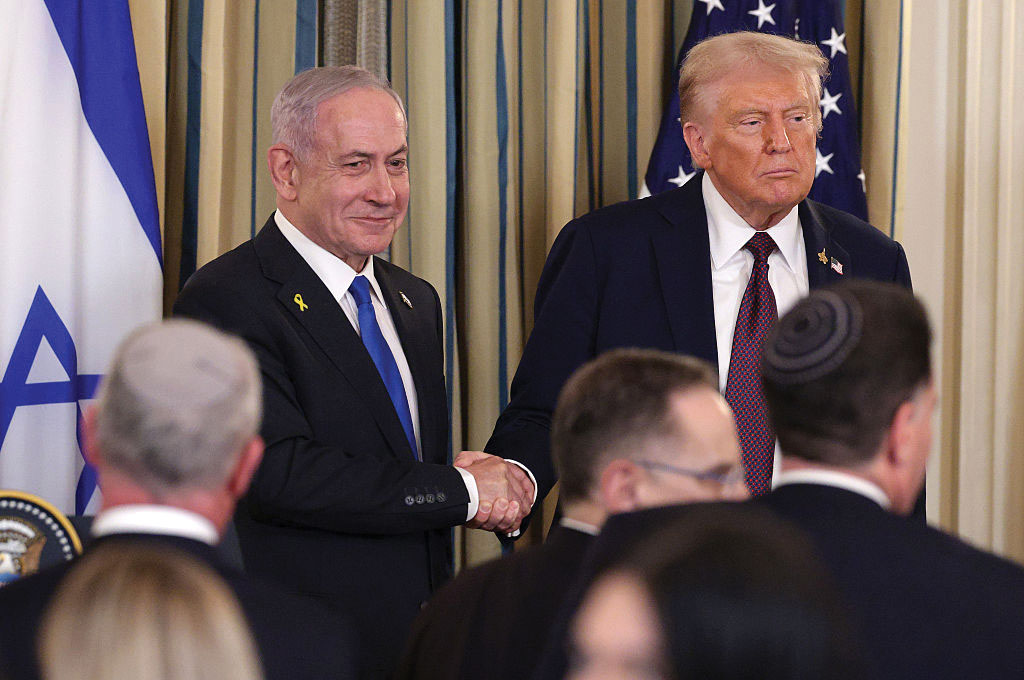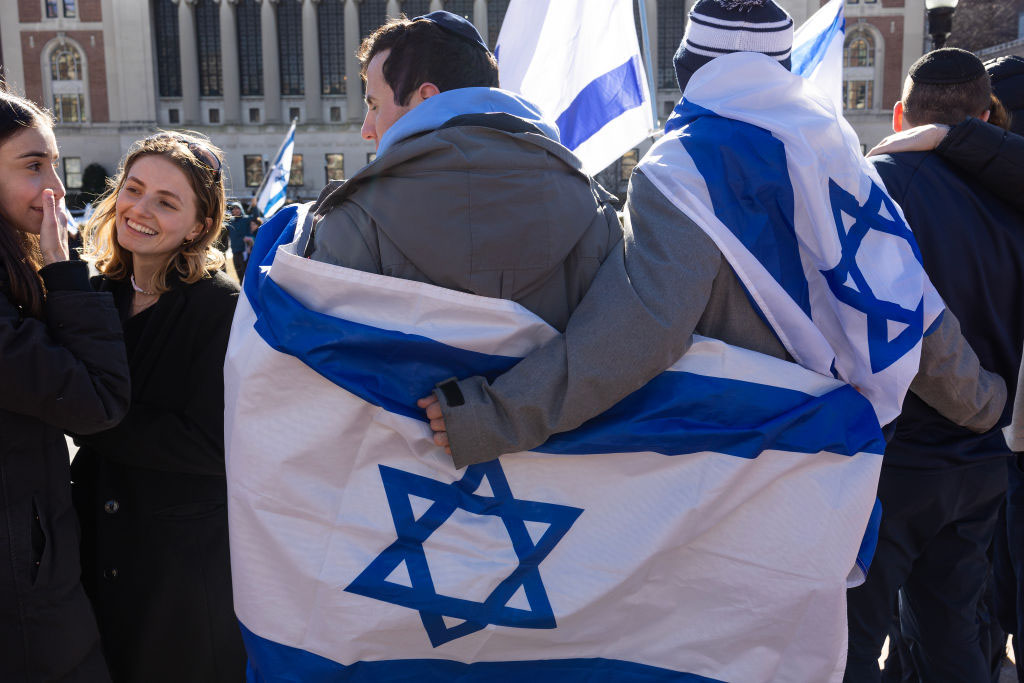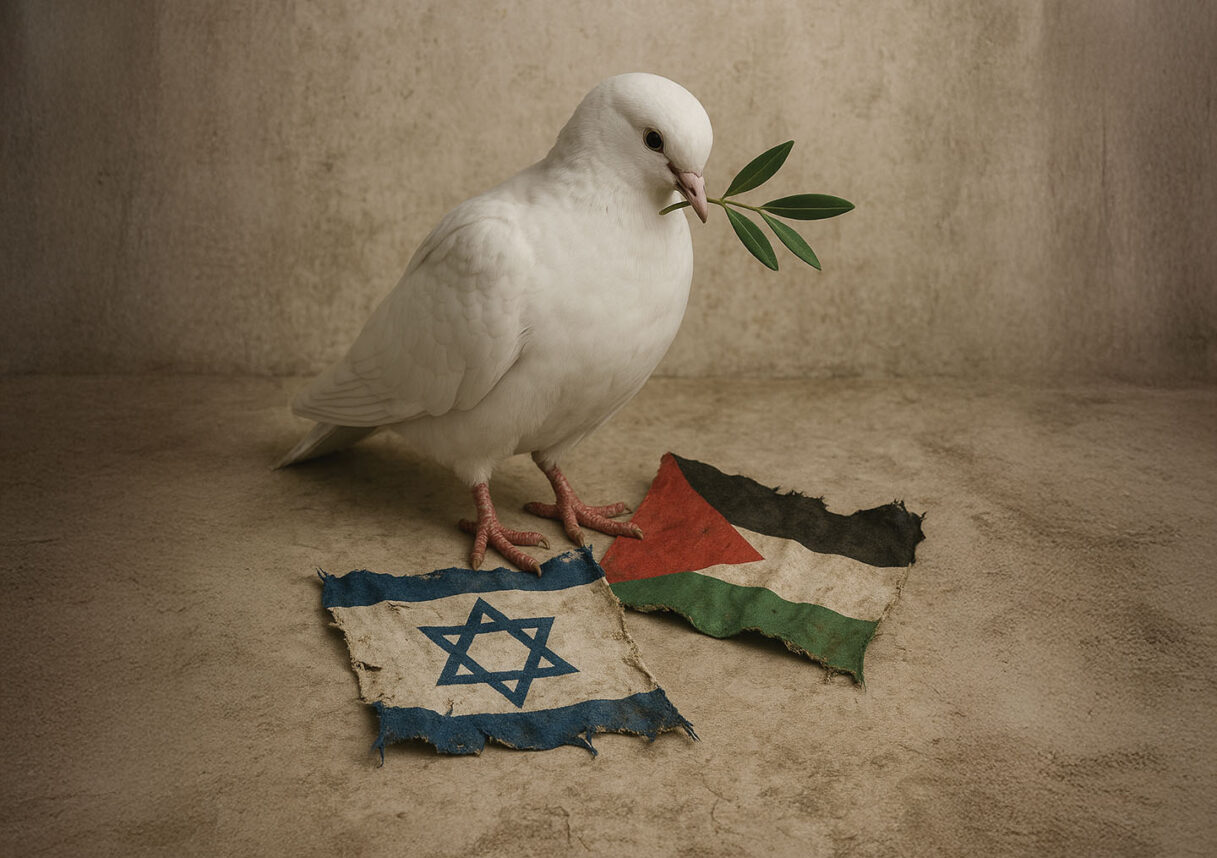Chanukah gelt seems like a simple tradition. A grandparent, parent, aunt, uncle, or family friend hands the children a few coins as they watch the Chanukah lights flicker. Money goes from one generation to the next, expressing love and delight that speaks to the child in endless possibilities.
Yet teaching the next generation about money — its value, what to do with it, how to use it — is not such an easy task.
There was a time in America, at the beginning of the 20th century, when the vast majority of Jews lived in poverty. They survived in crammed tenements, performed back-breaking labor, and were met with hostility from the outside world. During those years, a coin to a child was a magnificent gift, sure to be met with surprise, delight, and a strong sense of responsibility.
Today, while there are those who still struggle financially, many, thankfully, do not have to worry about where their next meal is coming from. It is even safe to say that many can afford to go out to eat every once in a while and give their children a new gift each of holiday’s eight nights.
Do the lessons we once taught about money still ring true in a time when many of us have a little extra to burn?
The theme of scarcity lies at the heart of the Chanukah story. The oil was scarce, but miraculously it lasted for eight days. For our ancestors, oil was as central to everyday life as money is to ours: it was the source of heat and of light, it was used for cooking and preserving food, and it was, in many ways, their sustenance.
While the story of Chanukah speaks of scarcity, the celebration is about abundance. The act of lighting a menorah is a pure act of enjoyment, an acknowledgment that we are blessed with enough oil to burn.
In times when oil or money was sparse, we told a story about hope, about the miracle of finding abundance in that sparseness. Now that we live in a time of plenty, we add a new chapter to the story.
As we stand with those we love and watch the lights flicker, we couple our deep sense of gratitude with a challenge to turn our abundance into a blessing. Ultimately, to celebrate a surplus means to enjoy it, to give thanks and to invest in ways that change the world for the better.
At CLAL — The National Jewish Center for Learning and Leadership, we believe that this new era of abundance often calls for new understandings of traditional Jewish practices and rituals. With that in mind, here are a few suggestions for your celebration.
First, try a new way to give your children gelt this Chanukah: one coin or bill to enjoy, one coin or bill to give away and one coin or bill to invest in the future.
After giving the gelt, you could ask them how they want to spend it or take them to a local mall, restaurant, museum or bookstore. You could talk to them about giving some of it away and the difference they could make with their gifts. And maybe they’ll even come to understand the multiple ways they can invest in the future, to help themselves and others.
What emerges is the lesson that we feel less controlled by money when we understand that it can fulfill only some of our desires. But more importantly, it can provide the means to bring light into the world.
That’s the miracle of Chanukah.
As you celebrate this season with your family, take time to live out the Talmudic teaching: “One who acquires wisdom should study the way that money works, for there is no greater area of Torah study.”








